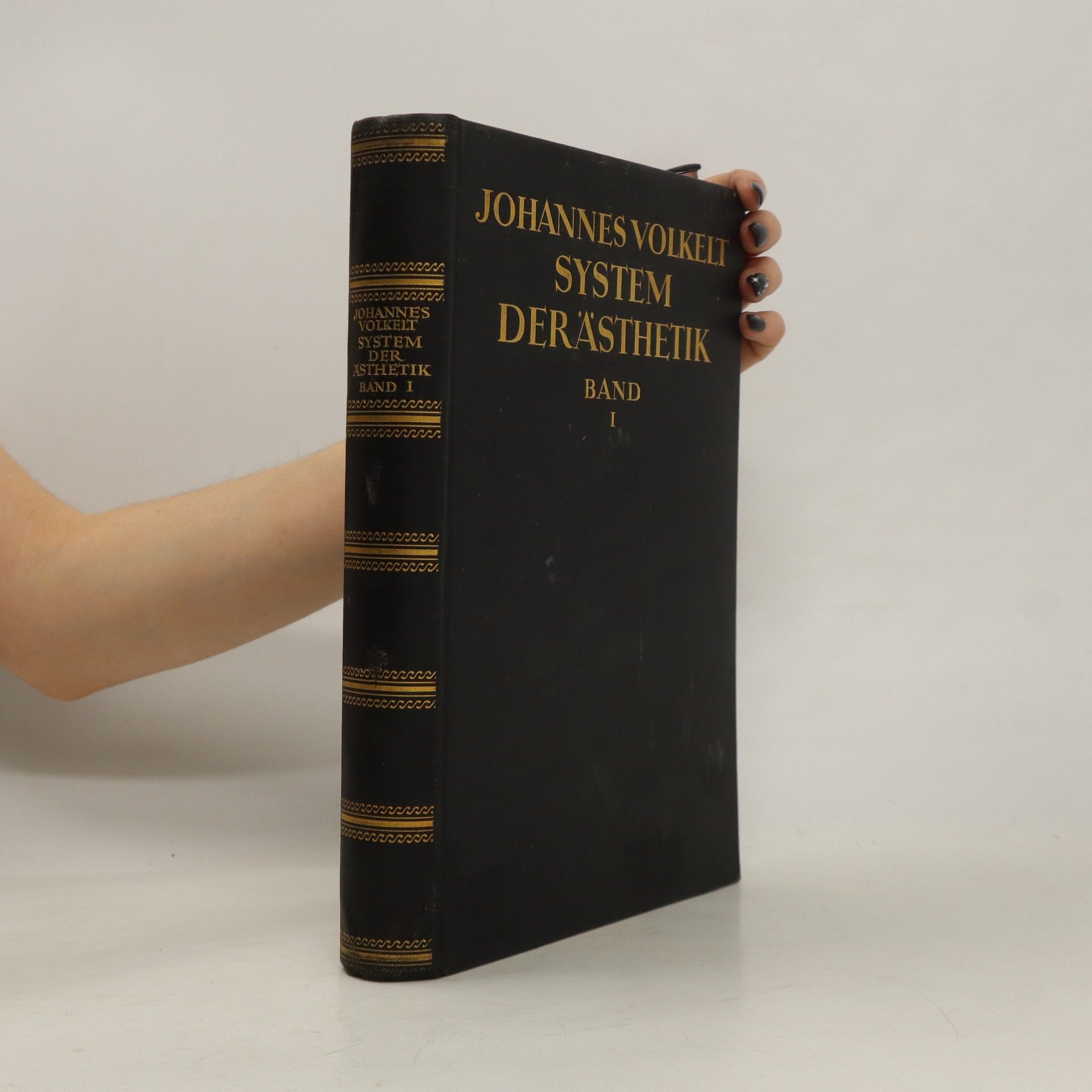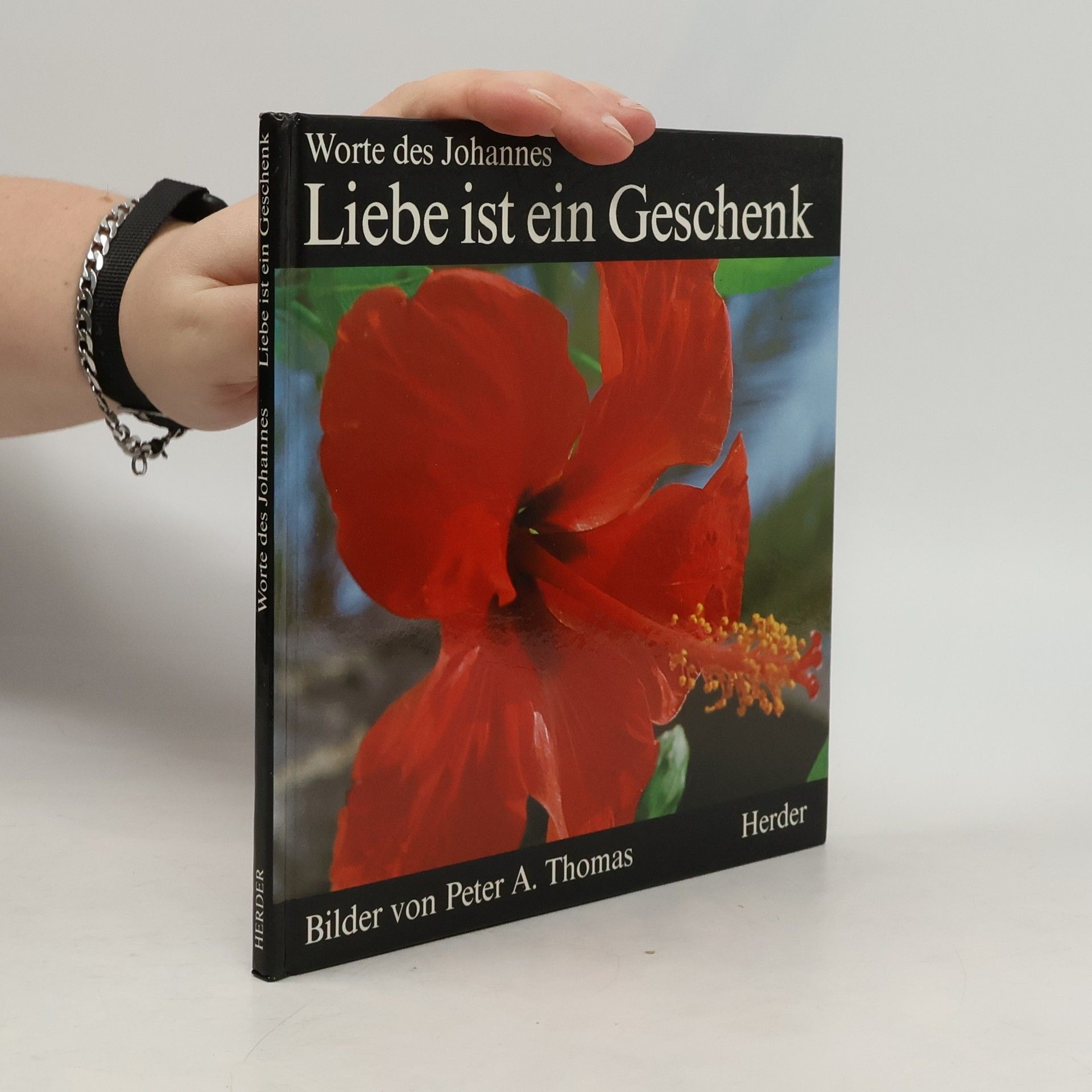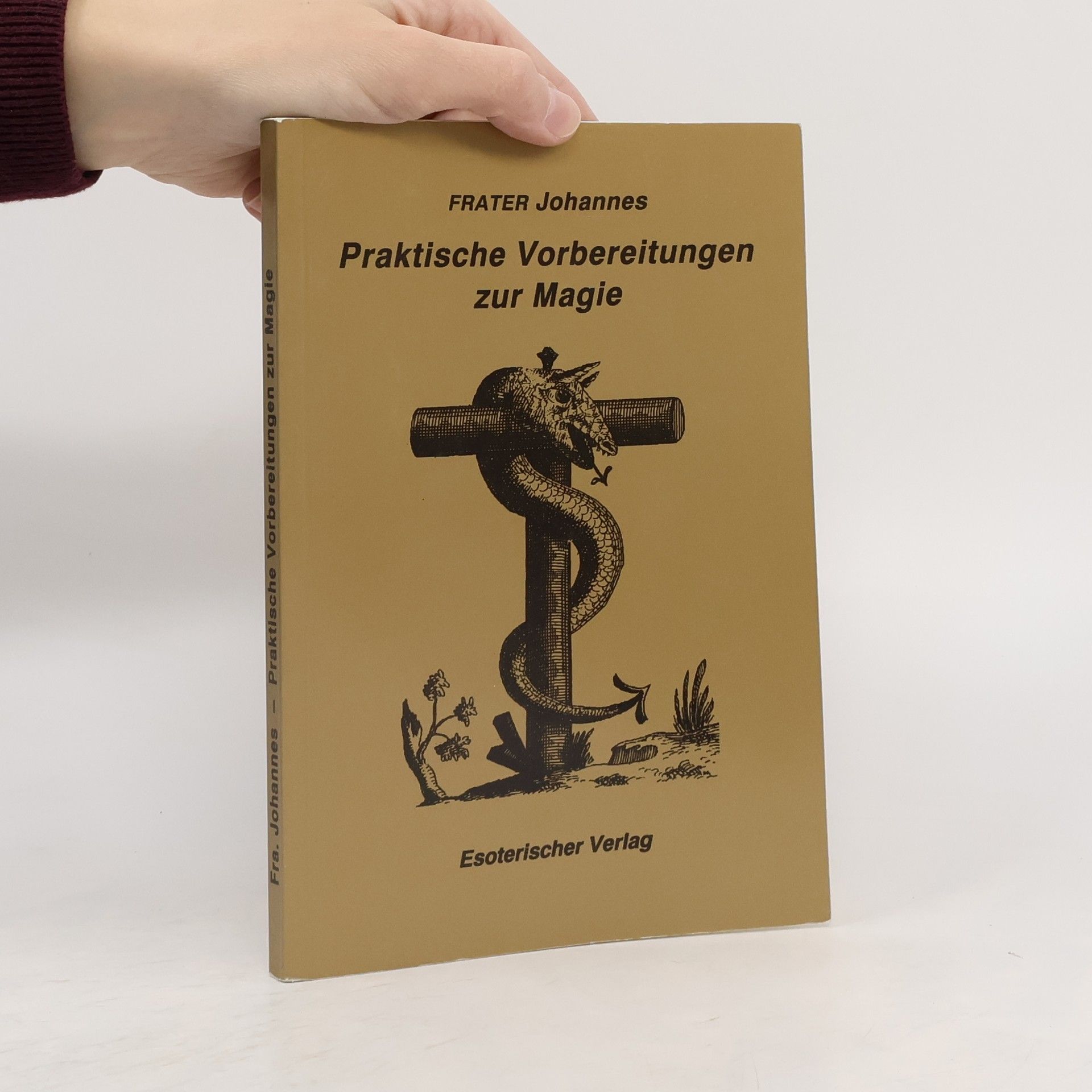Opera minora
Editionen mit Übersetzung und Einleitung
Der spanische Konzilstheologe Johannes von Segovia (gest. 1458) erkannte die Notwendigkeit einer theologischen und intellektuellen Antwort auf den Islam, dessen Vormarsch nach dem Fall Konstantinopels 1453 unbestreitbar war. Neben drei bedeutenden Abhandlungen, darunter sein Hauptwerk De gladio divini spiritus, verfasste er zahlreiche kleinere Werke, um Entscheidungsträger in Rom und Burgund wie Enea Silvio Piccolomini und Jean Germain für seine Ansichten zu gewinnen. Dazu zählen thematisch gegliederte Koranexzerpte, trinitätstheologische Überlegungen, die Einleitung zu seiner eigenen Koranübersetzung und einige Übersetzungsfragmente. In der ausführlichen Epistola ad Guillielmum de Orliaco gibt er Einblick in die spirituelle Motivation für sein unermüdliches Schaffen in dieser Lebensphase. Einige Texte werden hier erstmals präsentiert, während andere in überarbeiteter Form versammelt sind. Alle Schriften sind mit ausführlichen Einleitungen sowie deutschen oder englischen Übersetzungen aus dem Lateinischen versehen. Insgesamt vermitteln sie einen hervorragenden Eindruck davon, wie ein selbstkritischer spätmittelalterlicher Theologe um eine Antwort ringt, auf das, was wir heute als clash of civilizations bezeichnen würden.










